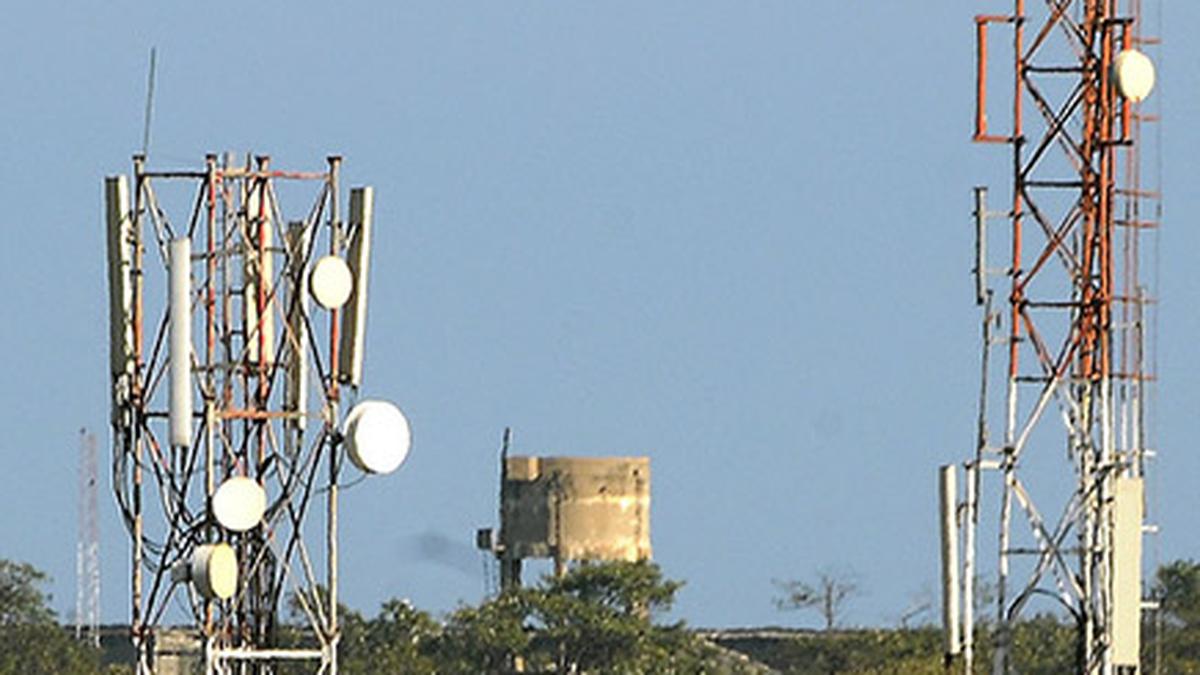The Supreme Court’s recent decision regarding the government’s plea on spectrum allocation has sparked widespread discussion within legal and telecommunications circles. The allocation of spectrum has been a contentious issue, with various stakeholders advocating for different approaches to ensure fairness and transparency in the process.
Government’s Plea:
The government sought approval for the practice of ‘administrative allocation’ of spectrum, wherein spectrum is allocated directly by the government without auctioning. This method has faced criticism in the past for its lack of transparency and potential favoritism towards certain telecom companies.
Supreme Court’s Stance:
The Supreme Court declined to entertain the government’s plea, signaling a firm stance on the necessity of a transparent and fair process in spectrum allocation. This decision is expected to have significant ramifications for the telecom industry, potentially paving the way for reforms aimed at establishing a level playing field for all stakeholders.
Implications for the Telecom Industry:
Industry experts anticipate a potential shift towards more auction-based methods for spectrum allocation. This shift could not only increase revenue for the government but also foster healthy competition within the telecom sector.
Multiple Choice Questions (MCQs):
- What was the subject of the Supreme Court’s recent decision?
- A) Taxation policies
- B) Spectrum allocation
- C) Trade agreements
- D) Environmental regulations
- Answer: B) Spectrum allocation
- What did the government seek approval for regarding spectrum allocation?
- A) Auction-based allocation
- B) Administrative allocation
- C) Private allocation
- D) Random allocation
- Answer: B) Administrative allocation
- What criticism has been associated with administrative allocation of spectrum?
- A) Lack of government control
- B) Transparency issues
- C) Excessive competition
- D) High revenue generation
- Answer: B) Transparency issues
- What does the Supreme Court’s decision indicate regarding spectrum allocation?
- A) Favoritism towards certain telecom companies
- B) Need for a transparent and fair process
- C) Exclusion of telecom companies from the process
- D) Government’s absolute authority in allocation
- Answer: B) Need for a transparent and fair process
